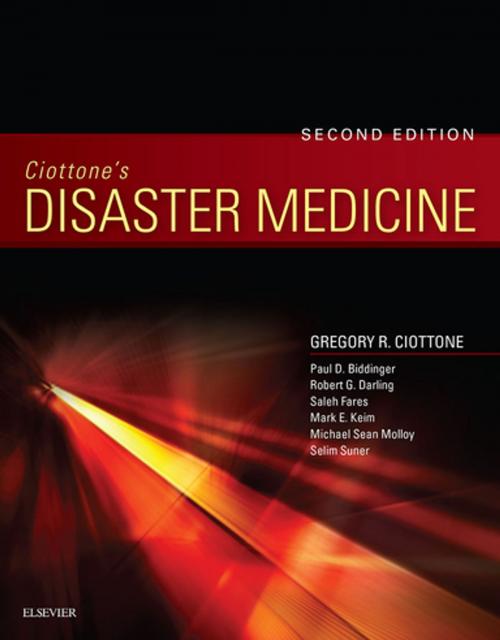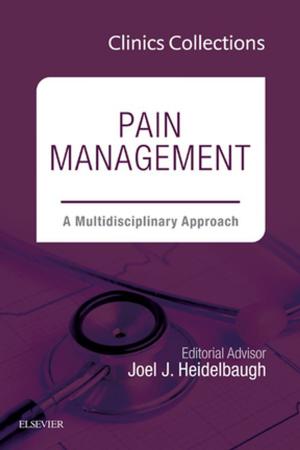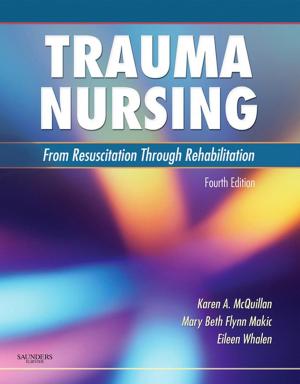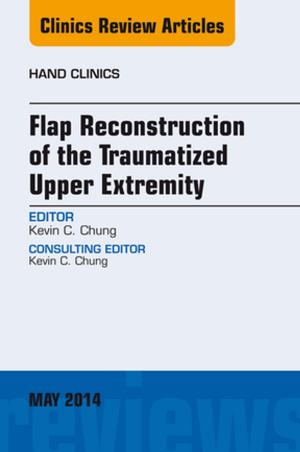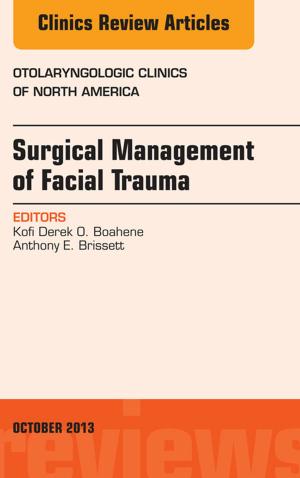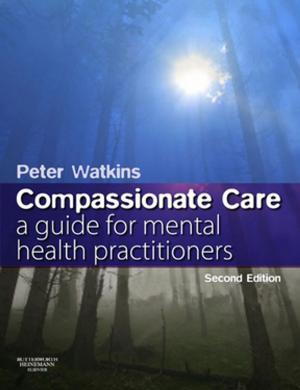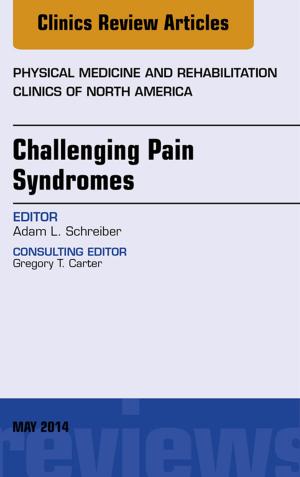Ciottone's Disaster Medicine E-Book
Nonfiction, Health & Well Being, Medical, Specialties, Emergency Medicine, Reference| Author: | ISBN: | 9780323358460 | |
| Publisher: | Elsevier Health Sciences | Publication: | September 24, 2015 |
| Imprint: | Elsevier | Language: | English |
| Author: | |
| ISBN: | 9780323358460 |
| Publisher: | Elsevier Health Sciences |
| Publication: | September 24, 2015 |
| Imprint: | Elsevier |
| Language: | English |
The most comprehensive resource of its kind, Ciottone’s Disaster Medicine, 2nd Edition, thoroughly covers isolated domestic events as well as global disasters and humanitarian crises. Dr. Gregory Ciottone and more than 200 worldwide authorities share their knowledge and expertise on the preparation, assessment, and management of both natural and man-made disasters, including terrorist attacks and the threat of biological warfare. Part 1 offers an A-to-Z resource for every aspect of disaster medicine and management, while Part 2 features an exhaustive compilation of every conceivable disaster event, organized to facilitate quick reference in a real-time setting.
-
Quickly grasp key concepts, including identification of risks, organizational preparedness, equipment planning, disaster education and training, and more advanced concepts such as disaster risk reduction, tactical EMS, hazard vulnerability analysis, impact of disaster on children, and more.
-
Understand the chemical and biologic weapons known to exist today, as well as how to best manage possible future events and scenarios for which there is no precedent.
-
Consult this title on your favorite e-reader.
-
Be prepared for man-made disasters with new sections that include Topics Unique to Terrorist Events and High-Threat Disaster Response and Operational Medicine (covering tactical and military medicine).
-
Get a concise overview of lessons learned by the responders to recent disasters such as the earthquake in Haiti, Hurricane Sandy, the 2014 Ebola outbreak, and active shooter events like Sandy Hook, CT and Aurora, CO.
-
Learn about the latest technologies such as the use of social media in disaster response and mobile disaster applications.
-
Ensure that everyone on your team is up-to-date with timely topics, thanks to new chapters on disaster nursing, crisis leadership, medical simulation in disaster preparedness, disaster and climate change, and the role of non-governmental agencies (NGOs) in disaster response – a critical topic for those responding to humanitarian needs overseas.
The most comprehensive resource of its kind, Ciottone’s Disaster Medicine, 2nd Edition, thoroughly covers isolated domestic events as well as global disasters and humanitarian crises. Dr. Gregory Ciottone and more than 200 worldwide authorities share their knowledge and expertise on the preparation, assessment, and management of both natural and man-made disasters, including terrorist attacks and the threat of biological warfare. Part 1 offers an A-to-Z resource for every aspect of disaster medicine and management, while Part 2 features an exhaustive compilation of every conceivable disaster event, organized to facilitate quick reference in a real-time setting.
-
Quickly grasp key concepts, including identification of risks, organizational preparedness, equipment planning, disaster education and training, and more advanced concepts such as disaster risk reduction, tactical EMS, hazard vulnerability analysis, impact of disaster on children, and more.
-
Understand the chemical and biologic weapons known to exist today, as well as how to best manage possible future events and scenarios for which there is no precedent.
-
Consult this title on your favorite e-reader.
-
Be prepared for man-made disasters with new sections that include Topics Unique to Terrorist Events and High-Threat Disaster Response and Operational Medicine (covering tactical and military medicine).
-
Get a concise overview of lessons learned by the responders to recent disasters such as the earthquake in Haiti, Hurricane Sandy, the 2014 Ebola outbreak, and active shooter events like Sandy Hook, CT and Aurora, CO.
-
Learn about the latest technologies such as the use of social media in disaster response and mobile disaster applications.
-
Ensure that everyone on your team is up-to-date with timely topics, thanks to new chapters on disaster nursing, crisis leadership, medical simulation in disaster preparedness, disaster and climate change, and the role of non-governmental agencies (NGOs) in disaster response – a critical topic for those responding to humanitarian needs overseas.
